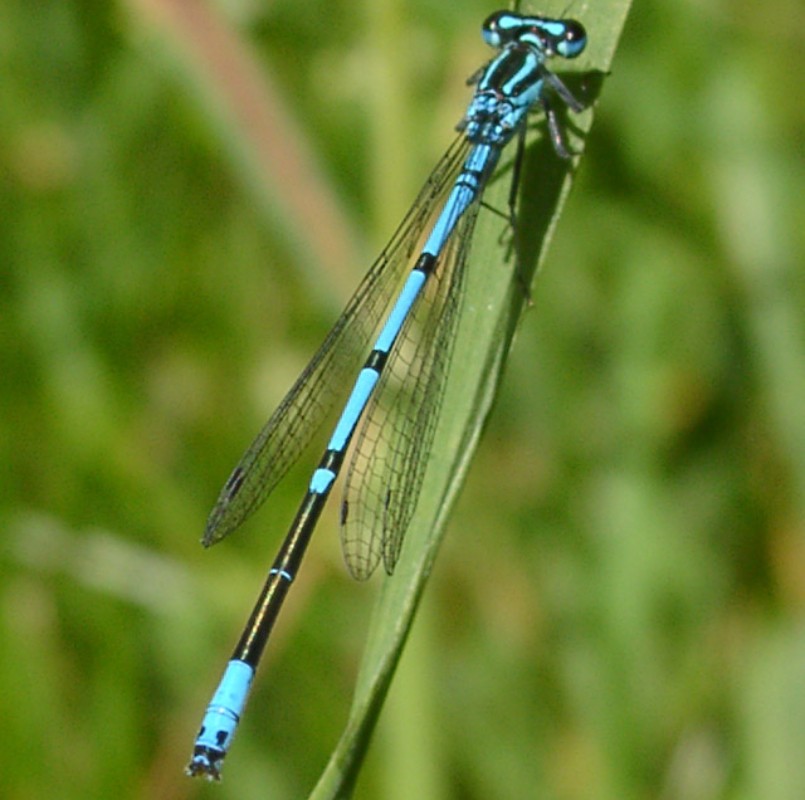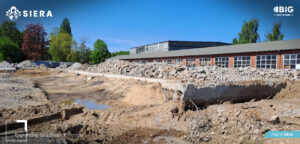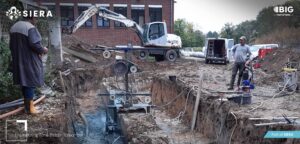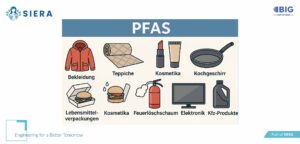Due to the dramatic decline in insects, which are so indispensable for us and our ecosystems, the Federal Government, at the suggestion of the Federal Ministry for the Environment, initiated a law for the protection of insects on 10 February 2021. This law, with its resolution of 18.08.2021, has resulted in numerous new regulations for the protection of insects in the Federal Nature Conservation Act.
The Insect Protection Act provides for the following measures, which were integrated into the Federal Nature Conservation Act on 08.12.2022:
- Insect habitats such as dry stone walls, stone bars, orchards and extensively used meadows are protected by law as biotopes.
- In protected areas, certain forms of plant protection products (biocides) with adverse effects on insects are generally prohibited. The use of pesticides is also banned at the edges of water bodies. The use of the controversial glyphosate will be severely restricted initially and banned completely from the end of 2023.
- Artificial light sources attract nocturnal insects and cause them to die. To counteract this, the new installation of certain lighting in protected areas is generally prohibited and the operation of sky spotlights can be severely restricted by legal ordinance. In addition, limit values for light emissions can be set.
- The use of insect traps outside enclosed spaces may in future be restricted or prohibited by ordinance.
Humans cannot live without insects. If insects were to cease to be pollinators, huge sums would have to be spent on artificial pollination of fruit plants alone. For this reason, it is in everyone's interest to stop insect mortality. Although insect protection measures are often viewed critically by farmers, those who protect insects ensure that agriculture will still be possible tomorrow. Complementary rewards are available for farmers who refrain from using insecticides.
The Insect Protection Act is flanked by the BMU's Insect Protection Action Programme.
Insect and nature conservation is also becoming increasingly important in the planning of construction measures. For this reason, the MuP Group minimises interventions in the natural environment as far as possible in the planning stage. Engineering for a better tomorrow!







